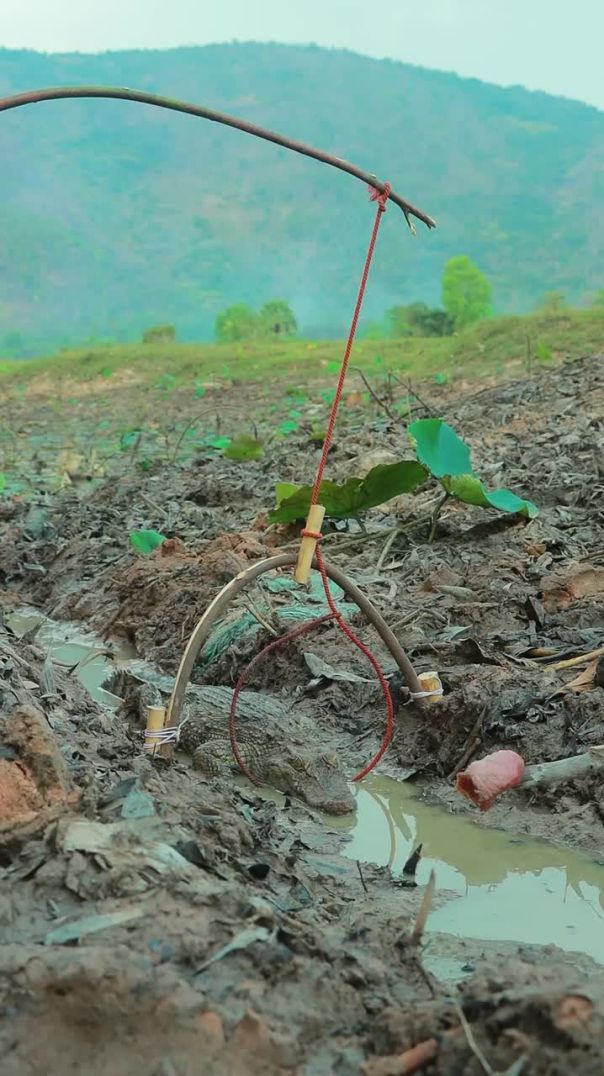In the heart of New Zealand's scenic landscapes, a silent struggle unfolds—access to healthcare in rural communities. With vast distances and limited resources, rural areas face unique challenges that impact the well-being of their populations. As New Zealand grapples with these issues, understanding the implications and potential solutions becomes crucial. This article delves into how healthcare access affects rural communities, offering insights and strategies for improving the situation.
🔍 Current State of Healthcare in Rural New Zealand
Question: What are the primary healthcare access challenges faced by rural communities in New Zealand?
New Zealand's rural communities face a myriad of healthcare access challenges, primarily driven by geographical isolation, workforce shortages, and limited infrastructure. According to Stats NZ, approximately 14% of New Zealand's population resides in rural areas, yet these regions often have fewer healthcare facilities and professionals compared to urban centers. This disparity results in longer wait times and travel distances for patients seeking medical care.
📊 Data-Driven Insights
- The Ministry of Health reports that rural residents travel an average of 40 kilometers to access primary healthcare services.
- A study by Massey University found that rural areas have a 30% lower ratio of healthcare professionals per capita compared to urban areas.
- According to the New Zealand Health Survey, rural populations experience higher rates of chronic conditions such as diabetes and cardiovascular disease.
🔍 Impact Analysis: How Does Limited Healthcare Access Affect Rural Communities?
Question: What are the broader implications of limited healthcare access for rural communities in New Zealand?
The lack of healthcare access in rural areas extends beyond individual health outcomes, affecting economic and social dimensions. For instance, absenteeism due to untreated medical conditions can impact productivity in key industries such as agriculture and tourism. Furthermore, chronic health issues without timely intervention can lead to increased healthcare costs and strain on public health resources.
Case Study: Rural Health Disparities in Otago
Problem: The Otago region, known for its agricultural output, faces significant healthcare challenges.
- Otago's rural residents report a 20% higher incidence of preventable hospitalizations compared to urban counterparts.
- The region struggles with a 25% shortage in nursing staff, impacting service delivery.
Action: To address these issues, the Otago District Health Board implemented a telehealth initiative aimed at reducing travel requirements for patients.
- Telehealth services were expanded to cover 85% of general practices in the region.
- The initiative included training for healthcare professionals to deliver virtual consultations.
Result: Within a year, Otago saw a 15% reduction in hospital admissions for chronic conditions and a 25% increase in patient satisfaction with healthcare access.
Takeaway: This case study emphasizes the potential of telehealth in bridging healthcare gaps in rural areas, showcasing a scalable solution for similar regions across New Zealand.
🔍 Exploring Solutions: Enhancing Healthcare Access in Rural New Zealand
Question: What strategies can improve healthcare access in rural New Zealand?
Addressing healthcare access in rural areas requires a multi-faceted approach, incorporating technology, policy adjustments, and community engagement. The following strategies offer pathways to enhanced access:
1. Telehealth Expansion
Leveraging telehealth can significantly reduce the travel burden for rural patients. By providing virtual consultations and remote monitoring, healthcare providers can extend their reach to underserved areas. The success of Otago's telehealth initiative serves as a model for other regions.
2. Mobile Health Clinics
Mobile clinics bring healthcare services directly to rural communities, offering preventative care, screenings, and minor treatments. These clinics can be deployed to areas with limited access to permanent facilities, ensuring consistent healthcare delivery.
3. Workforce Incentives
Incentivizing healthcare professionals to work in rural areas is crucial. Offering scholarships, loan forgiveness, and competitive salaries can attract and retain talent in these regions. Collaboration with educational institutions can also foster a pipeline of rural healthcare workers.
4. Community Engagement
Empowering local communities to participate in healthcare initiatives fosters trust and cooperation. Community health programs can focus on education, prevention, and self-management of chronic conditions, reducing the reliance on centralized healthcare systems.
🔍 Debunking Myths: Common Misconceptions About Rural Healthcare
Myth vs. Reality
- Myth: "Rural areas have sufficient healthcare facilities."
- Reality: In reality, rural regions often face a shortage of healthcare facilities and professionals, leading to gaps in service delivery (Source: Ministry of Health).
- Myth: "Telehealth is ineffective in rural areas due to connectivity issues."
- Reality: While connectivity challenges exist, targeted investments in broadband infrastructure have significantly improved telehealth accessibility in rural New Zealand (Source: MBIE).
- Myth: "Mobile health clinics can't provide comprehensive care."
- Reality: Mobile clinics offer a wide range of services, effectively addressing primary healthcare needs and reducing the burden on centralized facilities (Source: NZ Health Review).
🔍 Future Trends: What Lies Ahead for Rural Healthcare in New Zealand?
Prediction: By 2030, advancements in telemedicine and mobile health technologies will transform rural healthcare delivery, improving access and outcomes.
- The integration of AI in telehealth platforms will enable personalized care and efficient diagnostics.
- Collaborative efforts between the government and private sector will enhance rural broadband infrastructure, supporting digital health initiatives.
- Increased funding for rural healthcare programs will drive innovation and improve service delivery.
🔍 Final Takeaways & Call to Action
- Expanding telehealth and mobile clinics can bridge healthcare gaps in rural areas.
- Community engagement and workforce incentives are key to sustainable healthcare access.
- Debunking myths about rural healthcare can drive informed policy decisions.
What’s Next? Engage with local healthcare providers and policymakers to advocate for solutions tailored to rural communities. Share this article to raise awareness and drive action towards equitable healthcare access across New Zealand.
🔍 People Also Ask (FAQ)
How does limited healthcare access impact rural New Zealand?
Limited healthcare access affects rural New Zealand by increasing chronic health issues, absenteeism, and healthcare costs, impacting economic productivity and public health resources.
What are the best strategies for improving rural healthcare access?
Expanding telehealth, deploying mobile clinics, offering workforce incentives, and engaging communities are effective strategies for enhancing rural healthcare access in New Zealand.
Who benefits the most from improved rural healthcare access?
Improved rural healthcare access benefits patients, healthcare providers, and local economies, leading to better health outcomes and socioeconomic development.
🔍 Related Search Queries
- Rural healthcare challenges in New Zealand
- Telehealth solutions for rural areas
- Mobile health clinics in New Zealand
- Workforce incentives for rural healthcare
- Improving healthcare access in rural communities
- Impact of limited healthcare on rural economies
- Government policies on rural healthcare in NZ
- Future of healthcare in rural New Zealand
- Healthcare infrastructure development in rural areas
- Rural healthcare innovation and technology































